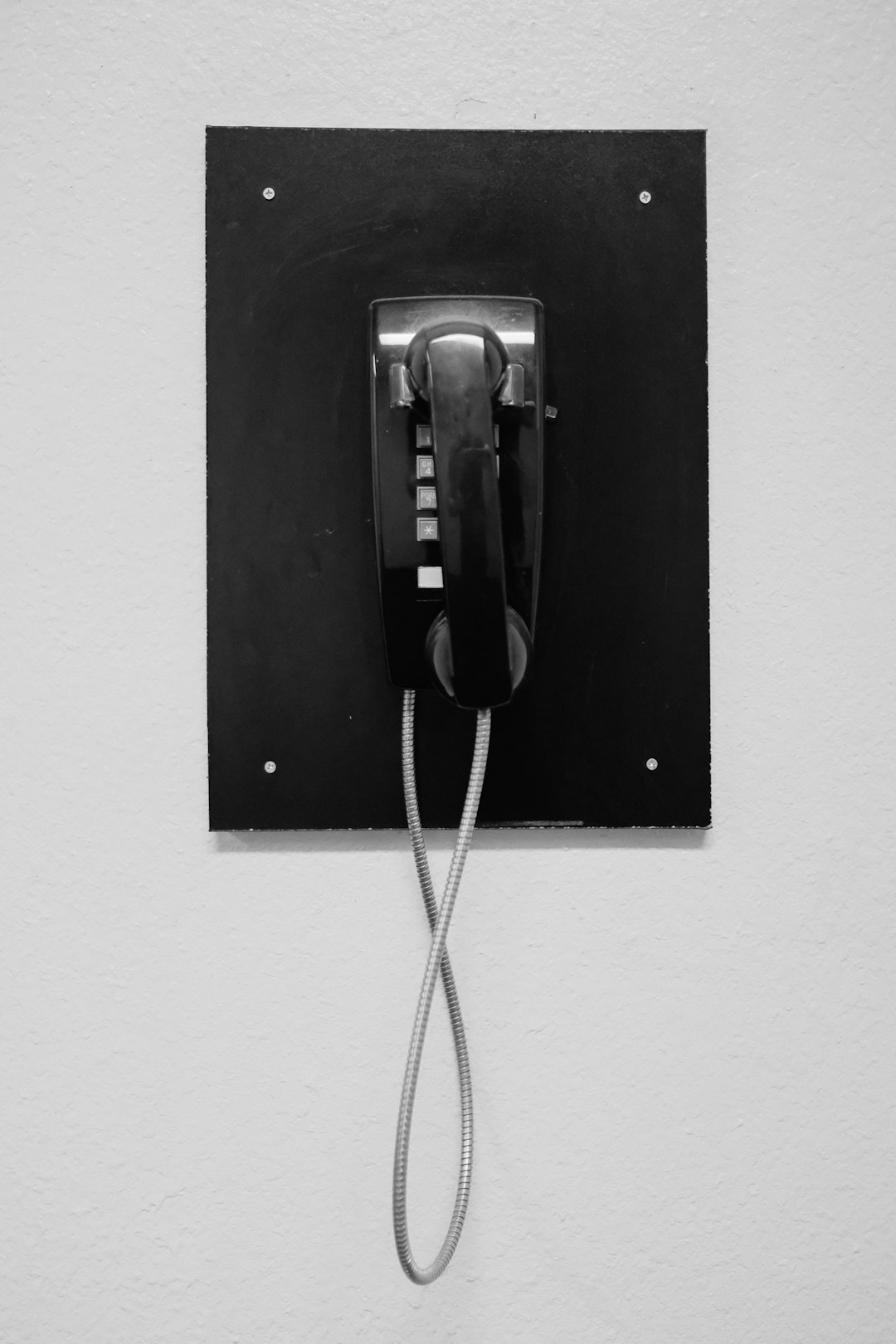In Rhode Island, consumers dealing with debt collectors have specific protections under the Fair Debt Collection Practices Act (FDCPA). They enjoy rights like requesting validation and disputing debts. Consulting a lawyer for debt collector laws in Rhode Island is crucial if these rights are violated, as legal counsel ensures fair collection practices, guides consumers, protects them from unfair behaviors, and upholds consumer rights. For assistance, consider hiring local legal representation to navigate complex regulations, negotiate settlements, send cease-and-desist letters, and file lawsuits against unethical debt collectors.
When facing debt collection, knowing your rights is crucial. In Rhode Island, consumers have protections against aggressive debt collectors under state laws. This comprehensive guide outlines your rights and options, from understanding the communication requirements of debt collectors to seeking legal action. We explore how hiring a lawyer specializing in debt collector cases can empower you, ensuring compliance with regulations like the Fair Debt Collection Practices Act (FDCPA). Discover the steps to take, strategies to employ, and when to engage a Rhode Island lawyer for debt collector representation.
Understanding Your Consumer Rights Against Debt Collectors in Rhode Island
In Rhode Island, consumers have specific rights when dealing with debt collectors. According to the Fair Debt Collection Practices Act (FDCPA), debt collectors must adhere to strict guidelines in their interactions with individuals. This includes prohibiting abusive, harassing, or deceptive practices. Consumers have the right to request validation of the debt, meaning the collector must provide proof that the debt is legitimate and the amount is accurate. They also have the right to dispute the debt and request information about it.
If you feel your rights as a consumer have been violated by a debt collector in Rhode Island, it’s crucial to seek legal advice from a qualified lawyer for debt collectors. A lawyer can guide you through the process of understanding and asserting your rights, ensuring that debt collection activities remain fair and lawful. They can help protect you from unfair practices and ensure that your consumer rights are upheld.
When and How to Involve a Lawyer in Debt Collection Cases
If you’re facing debt collection in Rhode Island, knowing your rights and understanding when to involve legal counsel is crucial. While many people choose to navigate these situations on their own, certain circumstances warrant seeking a lawyer’s expertise. A legal professional specializing in consumer debt can provide invaluable assistance, ensuring your rights are protected under the law. In Rhode Island, for instance, there are strict guidelines regarding debt collection practices, and a lawyer can help you understand and assert these rights.
When communication with debt collectors becomes overwhelming or they employ aggressive tactics, considering legal action is wise. A lawyer can send cease-and-desist letters, negotiate with collectors on your behalf, and even file lawsuits if necessary. They will guide you through the legal process, ensuring fair treatment and helping to resolve the issue efficiently. Don’t hesitate to consult a Rhode Island lawyer for debt collector cases if you believe your rights are being violated or want expert representation.
Communication and Disclosure Requirements for Debt Collectors
When dealing with debt collectors in Rhode Island, consumers have specific rights that protect them from unfair or abusive practices. One of the key areas is communication and disclosure. Debt collectors are required to provide clear and concise information about the debt they are attempting to collect. This includes verifying the amount, the original creditor, and the reasons for the collection. Consumers have the right to request validation of the debt, meaning the collector must supply proof that the debt is legitimate.
Furthermore, debt collectors must communicate with consumers in a respectful and professional manner. They cannot use abusive or harassing language, make false claims, or threaten legal action without intent to follow through. It’s advisable for consumers facing debt collection issues to consult a lawyer specializing in debt collector laws to understand their rights and ensure fair treatment throughout the process.
Legal Actions and Protections Available to Consumers
In Rhode Island, consumers dealing with debt collectors have several legal protections and options available to them. If a debt collector harasses, threatens, or uses unfair practices, individuals can take action under state and federal laws. The Fair Debt Collection Practices Act (FDCPA) is a federal law that prohibits abusive, false, or deceptive acts by debt collectors. It gives consumers the right to dispute their debts and request validation from the collector.
Consumers who believe they have been wronged by a debt collector can file a complaint with the Rhode Island Attorney General’s Office or consult with a lawyer specializing in debt collection laws. Legal counsel can help navigate the complex regulations, ensure collectors adhere to their rights, and take appropriate measures if necessary. This may include negotiating settlements, sending cease-and-desist letters, or even filing lawsuits against abusive debt collectors.
Choosing the Right Legal Representation for Your Debt Collector Case
When dealing with debt collectors, choosing the right legal representation is crucial to protecting your rights in Rhode Island. While it might be tempting to handle the situation alone, a lawyer for debt collector laws can provide invaluable guidance and advocacy. They understand the intricate regulations surrounding debt collection practices and can ensure that your rights are not violated during this stressful process.
In Rhode Island, there are specific laws in place to safeguard consumers from unfair debt collection tactics. A qualified attorney will be well-versed in these laws and can help you navigate any legal issues that arise. They can also negotiate with debt collectors on your behalf, ensuring a fair resolution while minimizing the negative impact on your credit score and overall financial health.






